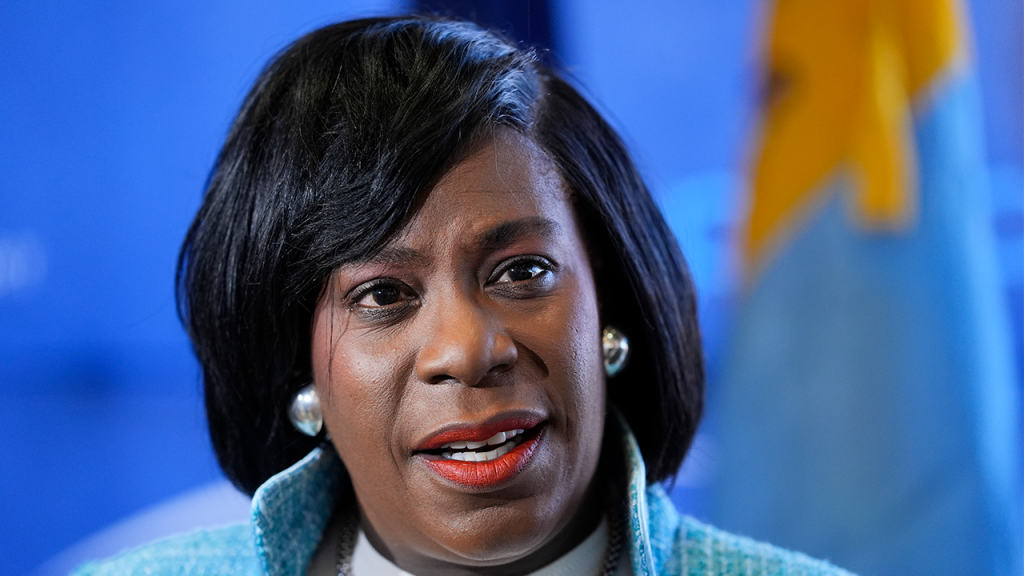The city of Philadelphia has announced that all full-time employees will be required to return to the office five days a week starting on July 15, putting an end to the COVID-era remote work policy that has been in place for nearly three years. Mayor Cherelle Parker stated that this decision is aimed at creating a more visible and accessible government, as having employees present in the workplace can lead to more personal and productive interactions, better communication, and increased collaboration, innovation, and inclusion. Approximately 80% of the city’s 26,000 employees have already been working fully in person since last year, while the remaining employees have been spending between 31 and 75 hours per pay period on site.
The American Federation of State, County and Municipal Employees Local 2187, a union representing many of the city’s professional and supervisory employees, expressed concerns about the mayor’s decision, stating that it was unilaterally imposed and did not go through collective bargaining. The union’s president, David Wilson, believes that this policy change will exacerbate the municipal worker shortage that the city has been experiencing since the pandemic and will also create scheduling challenges for parents when children are out of school. Wilson criticized the mayor, stating that her actions demonstrate a lack of concern for the city workforce. Mayor Parker, however, maintains that the new policy does not require collective bargaining and believes that the changes made are more worker-friendly, such as extending paid parental leave from six to eight weeks and designating the Friday after Thanksgiving as a holiday, as well as relaxing restrictions on the use of sick leave to care for family members.
Despite the concerns raised by the union, business leaders have praised the decision to require full-time employees to return to the office, believing that it will benefit both workers and the vibrancy of Philadelphia’s downtown area. The decision has been supported by officials who believe that having employees present in the workplace will lead to more face-to-face interactions, better teamwork, and increased productivity. By bringing employees back into the office full-time, the city hopes to foster a more collaborative and inclusive work environment that will ultimately benefit the overall functioning of the government and better serve the residents of Philadelphia.
Overall, the decision to end the remote work policy and require full-time employees to return to the office in Philadelphia represents a shift towards creating a more visible and accessible government that prioritizes personal interactions, communication, collaboration, innovation, and inclusion. While the union representing city employees has expressed concerns about the unilateral nature of the decision, city officials argue that the changes are designed to be more worker-friendly and will ultimately benefit both employees and the city as a whole. By bringing employees back into the office, the city aims to address workforce shortages, improve productivity, and create a more vibrant work environment that will benefit employees, residents, and businesses in Philadelphia.


